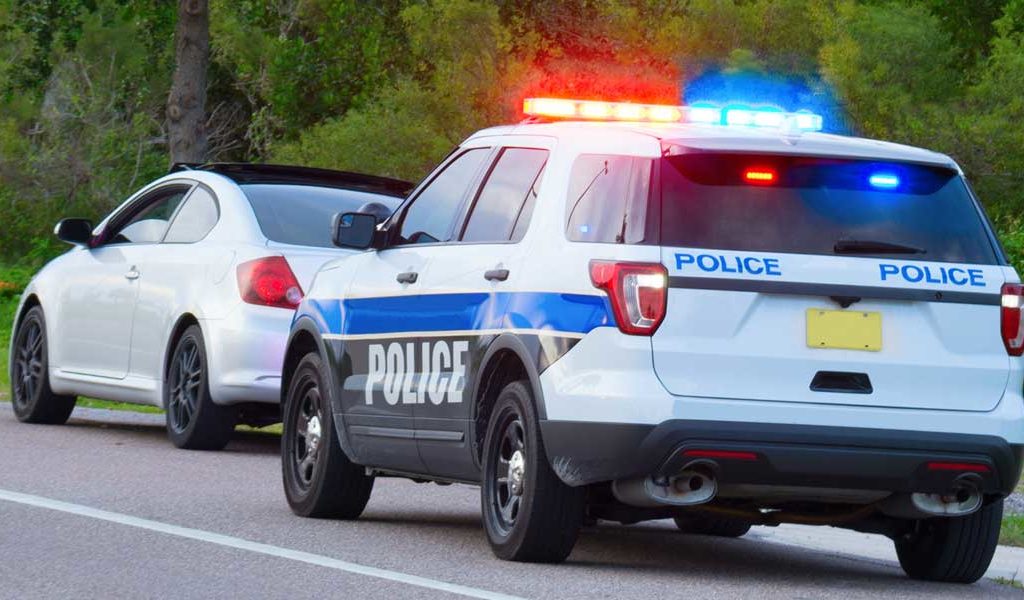The legal limit for drunk driving is .08 BAC. If an officer pulls you over and asks you to perform the breathalyzer test and it shows a higher result than .08 then it’s a case of DUI. The limit over 0 is for a reason – you can have a glass of wine at dinner and still be able to drive safely back home. But, what happens if your breathalyzer test shows results lower than the legal limit. If you get pulled over or were involved in an accident, there’s a dilemma – whether the lower result will change your liability?
If you are facing such a challenge, seek legal assistance from an Oregon DUI lawyer.
Pulled Over After A Drink
When an officer pulls you over, they have a reason for that. It’s called a “primary offense.” Maybe you were speeding or driving erratically, so the officer suspected that there is something suspicious going on.
During the night, when chances for people drinking are higher, if the officer can smell the alcohol, they’re likely to ask if you have had a drink.
It’s better, to be honest, and answer the question. They can ask for a sobriety test. You can deny it, but you’ll face penalties for this. If an officer asks you to take a breathalyzer test to determine your BAC and a field sobriety test, you shouldn’t avoid performing them. Some people deny these tests, especially if they already have DUI convictions.
In case you don’t pass, you may be charged with a DUI, even if the BAC shows below .08. The .08 is the maximum limit, so even if your result is lower, it still means that you consumed alcohol.
If you were driving carefully but got pulled over for another reason (broken light, speeding), you might avoid alcohol questions entirely. If that question still comes up, things will be well for you if you pass the field sobriety test.
Car Accidents After A Drink
So a small amount of alcohol isn’t a DUI if it doesn’t affect your driving. However, if you get involved in a car accident after having a drink, will you be liable? The insurance company will determine how much damage it can cover. If the other party believes the settlement is low, the case may be dragged and it can even get to court, where they will analyze how alcohol contributed to the accident.
The Crash Was Your Fault
If the police suspect that you were drunk driving, they will ask you to take sobriety tests. Results over .08 are leading to DUI charges. The test results will go to the police report and may affect your criminal liability for the accident outcome. The other party can use your BAC as proof that you were negligent and reckless. If a person was injured or killed in this accident, you will face criminal charges.
In case your BAC is lower than .08, the police will ask fora field sobriety test. In case you fail, you will face DUI charges and all legal issues as if your test was higher than .08.
Passing the field sobriety test doesn’t mean that the BAC won’t go into the police report. The other party may still use it to prove that you were the reckless and negligent driver. This is far more difficult for proving since you passed a field sobriety test that showed that your ability to drive wasn’t impaired.
In such a case, your insurer will settle for a higher amount, which can lead to an increase in your premiums.
The Crash Was Not Your Fault
In case the accident was caused by another driver, your BAC won’t be as relevant. If your BAC test shows a higher result of .08 or if you failed a field sobriety test, you will still get DUI charges. However, you won’t be liable for the accident just because you had a drink.
For example, if you stopped at a red light and another vehicle rear-ended you, the crash is not your fault. However, if the officer asks you to do a sobriety test and it shows .04, you might still face DUI charges for driving under the influence, but you won’t be liable for the accident.
If you’re facing such a case and fear that things may go downhill, you should hire a DUI attorney. Let us review your case for free; contact Trilogy Law Group today.



